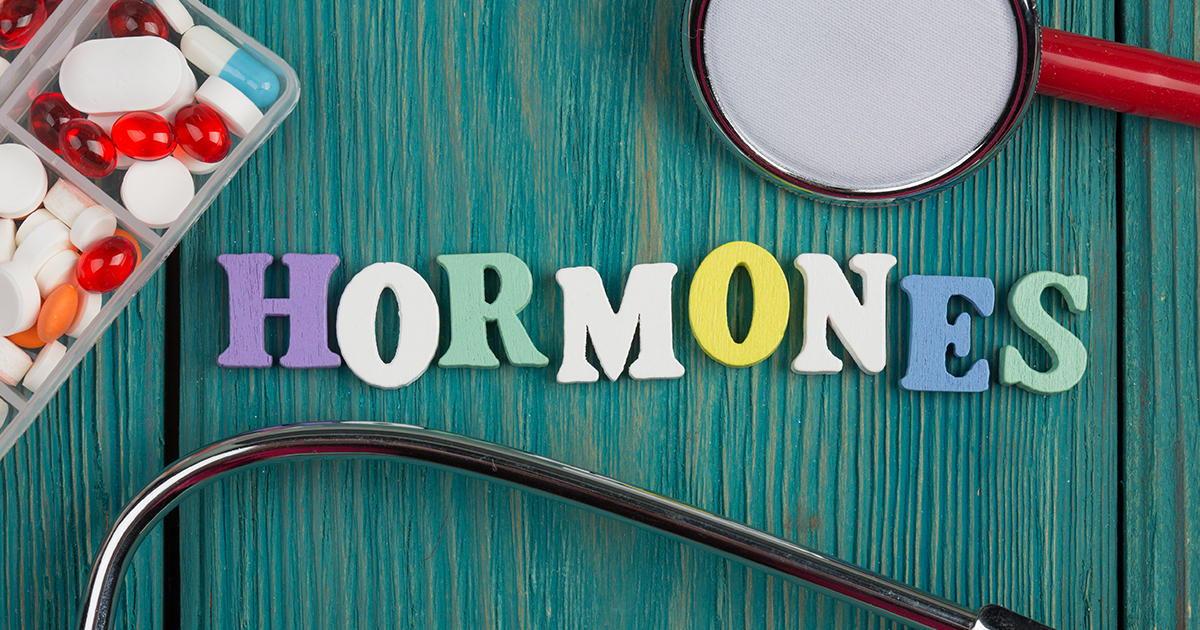What Causes Cystic Acne?
Many individuals experience acne outbreaks at some point in their life. These episodes usually take place during adolescence or young adulthood. This common skin condition occurs when the pores become clogged with matter like dead skin cells. An overgrowth of skin cells and an oily substance secreted by glands in the skin called sebum are common causes of acne. Bacteria thrive in these conditions and leads to infection and inflammation. Cystic acne results from this cycle. It’s the most severe form of acne, and it develops deep beneath the skin's surface layer in the form of cysts. This relatively uncommon condition produces large, red, pus-filled bumps that may itch or cause pain. Cystic acne can affect the face, arms, chest, or shoulders. This type of acne can cause severe scarring, and prompt treatment is very important to avoid permanent damage to the skin.
Learn about what can cause cystic acne now.
Family History Of Cystic Acne
A family history of cystic acne is one of the contributing factors to the development of the condition. Acne, particularly this type, tends to run in families, and individuals are more likely to develop it if one or both parents had it. The risk of developing acne is even higher if an individual's mother experienced it, and the condition may be inherited through the X chromosome, according to some studies. An individual's genetic makeup or certain genetic mutations may also increase their risk of developing cystic acne. Specific characteristics or hereditary tendencies can create favorable conditions for the development of cystic acne. For example, an individual's genetic make-up may cause an overproduction of skin cells or sebum. This increases the likelihood of clogged pores or oily skin, which are both contributing factors to the development of acne.
Keep reading for more details on the causes of cystic acne now.
Androgens

Androgens are produced in both men's and women's bodies, but they’re considered a male hormone. Testosterone is one of the main androgens and it's responsible for many male traits. In women, these male hormones are converted into the female hormones known as estrogen, but excessive amounts can cause side effects like deepening voice and excess facial hair. Elevated testosterone can be caused by many factors, including stress or fasting. Extreme levels of these male hormones can cause acne in both sexes because it increases the production of sebum and interferes with the development of skin cells. In addition, most cases of cystic acne are due to hormonal fluctuations, and the production of excess androgen can be due to a genetic predisposition.
Get the full details on other cystic acne causes now.
